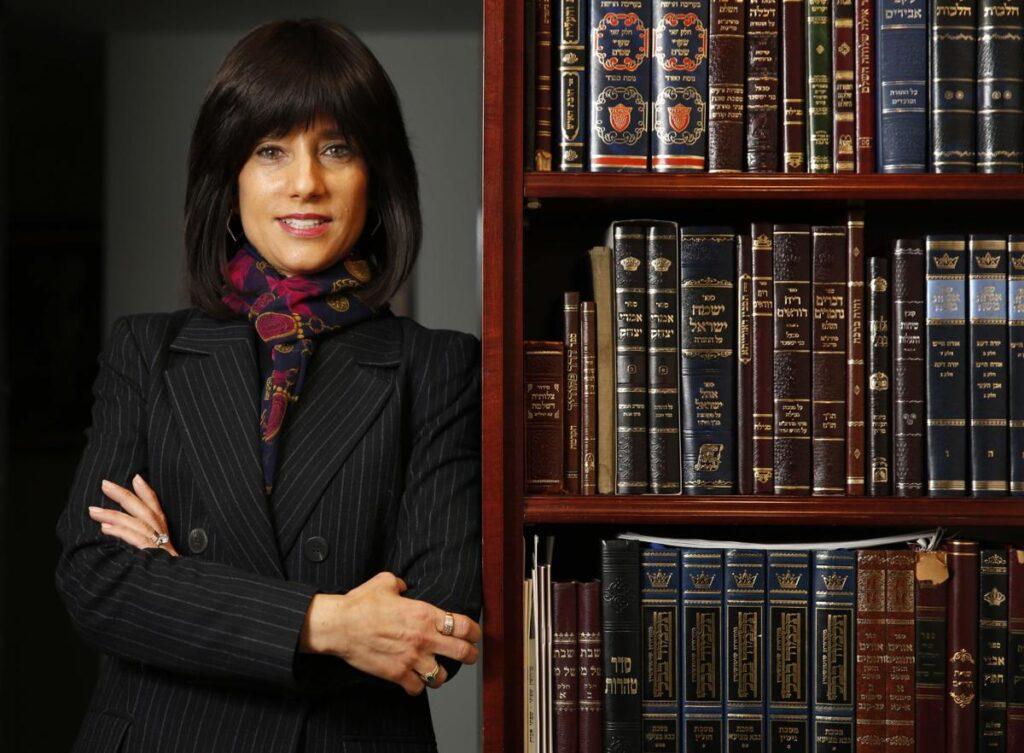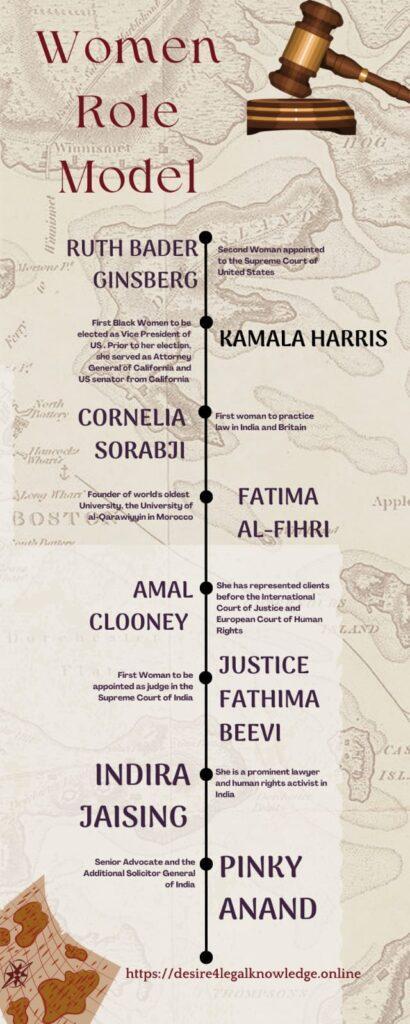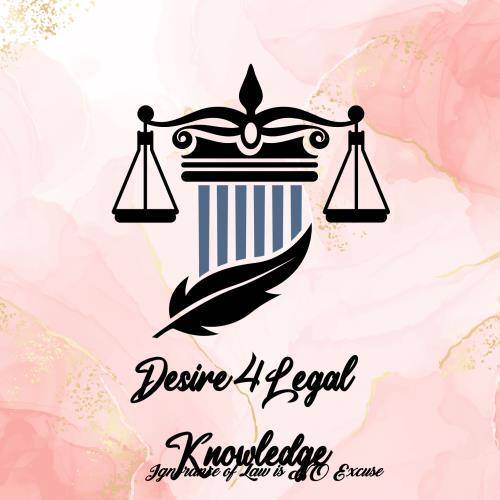Empowering Women in the Legal World: Overcoming Impediments and Openings
Table of Contents
Introduction
Women in the legal world is a very mixed kind of experience. So, let us know the experience and the obstacle a woman face during practicing as a lawyer in today’s society.
The legal profession has long been considered male-dominated, with women facing numerous challenges and obstacles to entering and succeeding in this field. However, in recent years, there has been a significant shift towards empowering women in the world of law. Despite this progress, women continue to encounter barriers to entry and advancement in the field, and there remains much work to be done to create a more equitable and inclusive this profession.
This topic of empowering women in the legal world explores the challenges and opportunities that females encounter in their pursuit of a career in law, and the ways in which they can be supported and empowered to overcome these obstacles and achieve success in the field. It is an important conversation that touches on issues of gender equality, diversity, and representation in this profession.
History of Women in the Legal World
Women’s struggle to establish themselves in the legal profession dates back to the 19th century when they began to push for the right to practice law. Although many countries initially prohibited females from practicing law, this began to change in the late 19th and early 20th centuries. Women gradually gained more acceptance in this profession, and by the mid-20th century, the field of law began to see significant numbers of females entering law schools and becoming lawyers.
Despite the progress made in recent decades, women still face challenges and barriers in the profession of law, including discrimination, pay inequity, and lack of access to leadership positions. However, women have made remarkable strides in this profession, and their contributions have helped shape the legal landscape.
Advancements and Challenges of Women in the legal world
Over the years, women have made significant strides in the legal profession. They have become judges, attorneys, and law professors, and have helped shape the system of law. Despite these advancements, women still face numerous challenges in the profession.
One of the primary challenges women face is a lack of representation in higher positions within law firms and the judiciary. Females also tend to earn less than their male counterparts and face gender bias and discrimination. Moreover, women with caregiving responsibilities often struggle to balance their personal and professional lives.
To overcome these challenges, it is essential to promote gender equality in the legal profession. This can be achieved by increasing the representation of women in leadership positions, promoting equal pay for equal work, and creating more flexible work environments that accommodate caregiving responsibilities.


Women as a Role Model in the Legal Profession
There are many women who have made contributions to the legal profession and have become role models for aspiring female lawyers. Here are a few examples:
- Ruth Bader Ginsburg: The late Ruth Bader Ginsburg was a trailblazer for gender equality in the legal profession. She was the second woman ever appointed to the Supreme Court of the United States and played a significant role in shaping the court’s jurisprudence on women’s rights.
- Kamala Harris: Kamala Harris made history as the first woman, first Black person, and first person of South Asian descent to be elected Vice President of the United States. Prior to her election, she served as Attorney General of California and United States Senator from California.
- Cornelia Sorabji: Cornelia Sorabji was the first woman to practice law in India and the first woman to practice law in Britain. She fought for the rights of women and the poor in India, and was the first woman to graduate from Bombay University.
- Fatima al-Fihri: Fatima al-Fihri is considered to be the founder of the world’s oldest university, the University of al-Qarawiyyin in Morocco. She was a prominent scholar and benefactor who donated her wealth to the establishment of the university in the 9th century.
- Amal Clooney: Amal Clooney is a barrister who specializes in international law and human rights. She has represented clients before the International Court of Justice and the European Court of Human Rights, and has also worked on high-profile cases involving issues such as freedom of speech and refugees.
- Justice Fathima Beevi: Justice Fathima Beevi was the first woman to be appointed as a judge in the Supreme Court of India. She was also the first woman to be appointed as a judge in any high court in India.
- Indira Jaising: Indira Jaising is a prominent lawyer and human rights activist in India. She has been involved in several high-profile cases, including cases related to violence against women and the rights of marginalized communities.
- Pinky Anand: Pinky Anand is a senior advocate and the Additional Solicitor General of India. She has been involved in several high-profile cases and has also served as the lead counsel for the government of India in several international arbitrations.
- Karuna Nundy: Karuna Nundy is a lawyer and human rights activist who has been involved in several cases related to women’s rights and gender justice. She was one of the lawyers who argued for the decriminalization of homosexuality in India. These females have not only broken barriers in the legal profession but have also paved the way for other females to enter and excel in the field of law.


Legal Issues Affecting Women
Legal issues affecting women encompass a wide range of topics and concerns, from gender discrimination and sexual harassment to reproductive rights and domestic violence. These issues have been present throughout history, but they continue to persist in modern times despite progress towards gender equality.
One of the major legal issues affecting women is discrimination in the workplace and in other areas of life. Despite anti-discrimination laws, ladies are still paid less than men for performing the same job, and they are often overlooked for promotions and other opportunities. Sexual harassment is also a pervasive problem in the workplace, with many ladies experiencing unwanted advances, comments, and even assault.
Reproductive rights are another area of concern for women. Access to contraception and abortion remains a contentious issue, with many females facing legal barriers and stigma when seeking these services. Domestic violence is also a major legal issue affecting females, with many experiencing abuse and struggling to obtain legal protections and justice according to rule of law.
Intersectionality of the women in the legal world
Intersectionality refers to the interconnected nature of social identities such as race, gender, class, and sexuality, and how they interact to create unique experiences of oppression and privilege. In the legal world, intersectionality plays a significant role in shaping the experiences of women from diverse backgrounds.
Women from marginalized communities, such as females of color, LGBTQ+ females, ladies with disabilities, and low-income ladies, often face unique challenges in the legal profession. They may encounter discrimination and bias based on both their gender and other aspects of their identity.
Understanding intersectionality is crucial for promoting gender equality and creating a more inclusive legal profession. It requires recognizing and addressing the multiple layers of discrimination and privilege that affect women in different ways. By acknowledging and addressing intersectional issues, we can create a more equitable and just system for all females.
Future of Women in the Legal World
The future of women in law looks promising as more females are entering the field and breaking barriers. However, there are still challenges that need to be addressed, such as the gender pay gap and the lack of diversity in leadership positions.
To ensure a brighter future for women in law, it is important to promote and support gender equality initiatives, provide mentorship and networking opportunities, and encourage ladies to pursue leadership roles. It is also crucial to address the systemic barriers that prevent ladies from entering and advancing in the legal profession.
Overall, the future of women in law will depend on the collective efforts of the legal community to promote diversity, equity, and inclusion. By working together to overcome these challenges, we can create a more equitable and inclusive legal profession for women.
What are the challenges faced by women in the legal profession?
Women in the legal profession face various challenges, including:
- Gender bias and discrimination: Women often encounter bias and stereotypes that can hinder their professional growth and opportunities for advancement. They may face unequal treatment in terms of promotions, assignments, and salary negotiations.
- Work-life balance: Balancing demanding work schedules with family responsibilities can be particularly challenging for women. The legal profession’s long hours, high-pressure environment, and limited flexibility can create obstacles for women seeking to maintain a healthy work-life balance.
- Lack of representation in leadership roles: Women are underrepresented in senior positions and leadership roles within law firms, corporate legal departments, and the judiciary. The glass ceiling effect limits their access to decision-making positions and perpetuates gender disparities in the legal profession.
- Maternity and caregiving issues: Women often face unique challenges related to maternity leave, pregnancy discrimination, and returning to work after childbirth. The lack of supportive policies and a cultural bias against working mothers can create barriers to career progression.
- Implicit bias and stereotypes: Women may encounter implicit biases and stereotypes that undermine their credibility, competence, and authority in the legal field. These biases can impact how they are perceived by colleagues, clients, and judges.
- Networking and mentorship gaps: Limited access to professional networks and mentorship opportunities can hinder women’s career development. The importance of networking and mentorship in the legal profession can contribute to unequal opportunities for advancement.
- Pay disparities: Women in the legal profession often face gender-based pay disparities, where they are paid less than their male counterparts for similar work and experience levels. This pay gap can persist even when controlling for factors such as experience and education.
Addressing these challenges is crucial to achieving gender equality and creating a more inclusive and equitable legal profession.
Conclusion
In conclusion, women have made significant progress in the legal world, but there is still a long way to go. Female lawyers continue to face various challenges, including gender discrimination, unequal pay, and lack of representation in leadership positions. However, this profession is becoming more inclusive, and more ladies are entering the field, breaking the gender barriers. As women continue to challenge the status quo and push for gender equality in the world of law, the future of females in law looks promising. It is crucial to continue working towards empowering females in this profession to ensure equal opportunities and representation for all genders.
FAQs
Why is empowering women in the legal world important?
Empowering women in the legal world is crucial for several reasons. Firstly, it promotes gender equality and ensures that women have equal opportunities to succeed and contribute their unique perspectives in the legal profession. Secondly, it enhances diversity and inclusivity within the legal system, leading to more balanced and fair decision-making processes. Lastly, empowering women in the legal world serves as a catalyst for social change, as women lawyers can advocate for and protect the rights and interests of women and marginalized communities.
What are the benefits of having more women in leadership roles in the legal profession?
Having more women in leadership roles in the legal profession brings several benefits. Firstly, it promotes diverse perspectives and decision-making, leading to more comprehensive and well-rounded outcomes. Secondly, it serves as a powerful symbol for aspiring female lawyers, inspiring them to pursue leadership positions and break barriers. Lastly, women leaders can advocate for policies and initiatives that address gender bias, improve work-life balance, and promote gender equality within the legal profession, benefiting both women and men alike.

